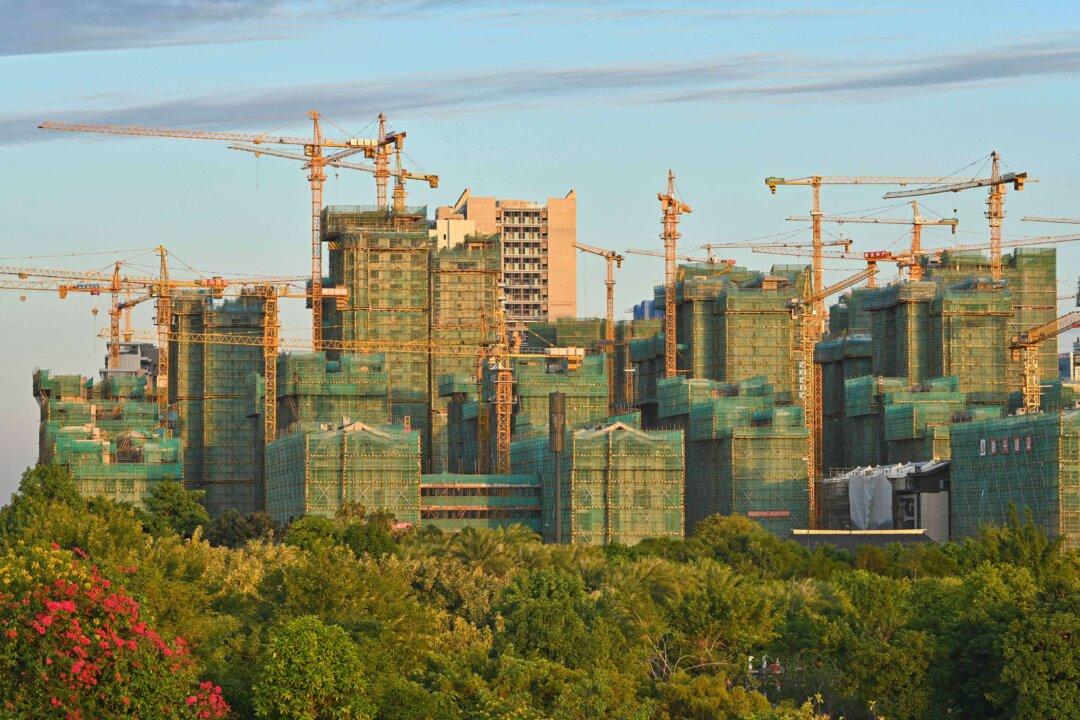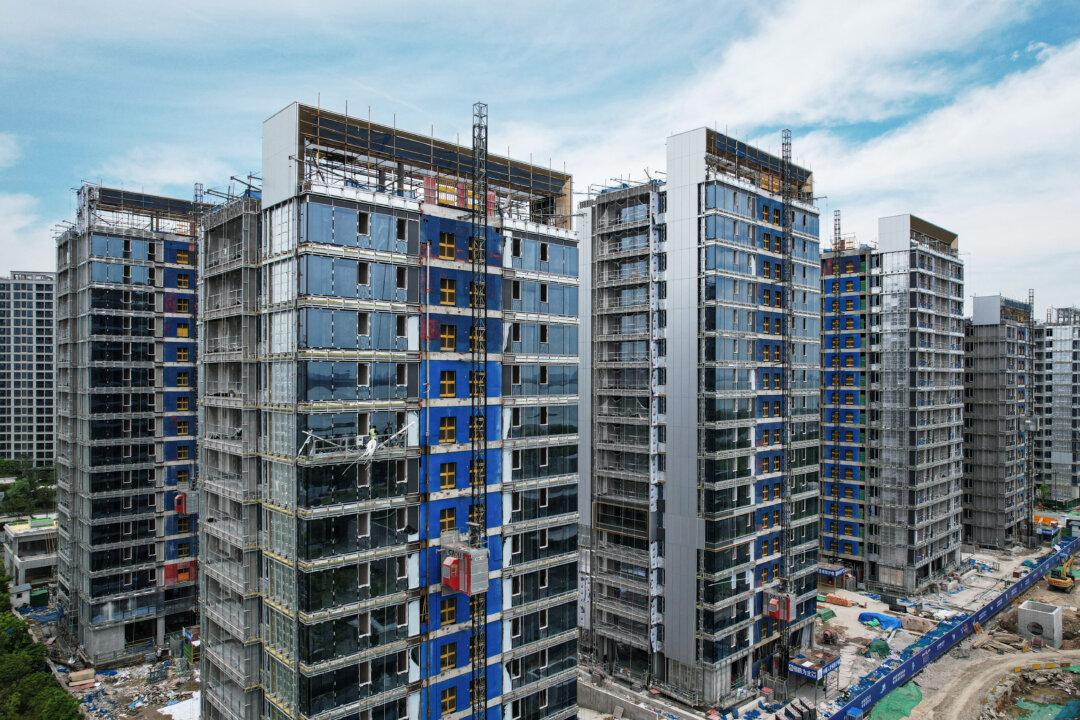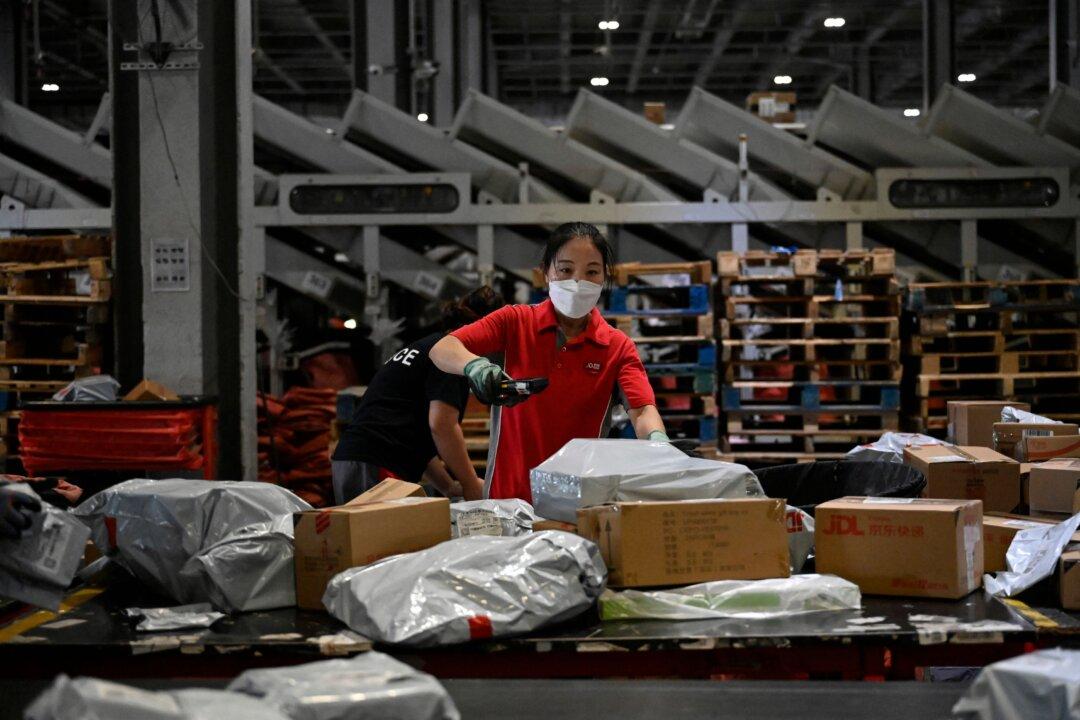China’s real estate woes deepened on Friday as state-backed developer Sino-Ocean Group Holding suspended debt payments for all offshore debt until a restructuring was finalized. It also said it has halted trading its U.S. dollar securities in Hong Kong.
According to the Beijing-based property developer, “holistic restructuring” of its offshore debt is the only way forward as it confronts rising liquidity challenges due to a sales slowdown throughout the wider sector since 2021.





